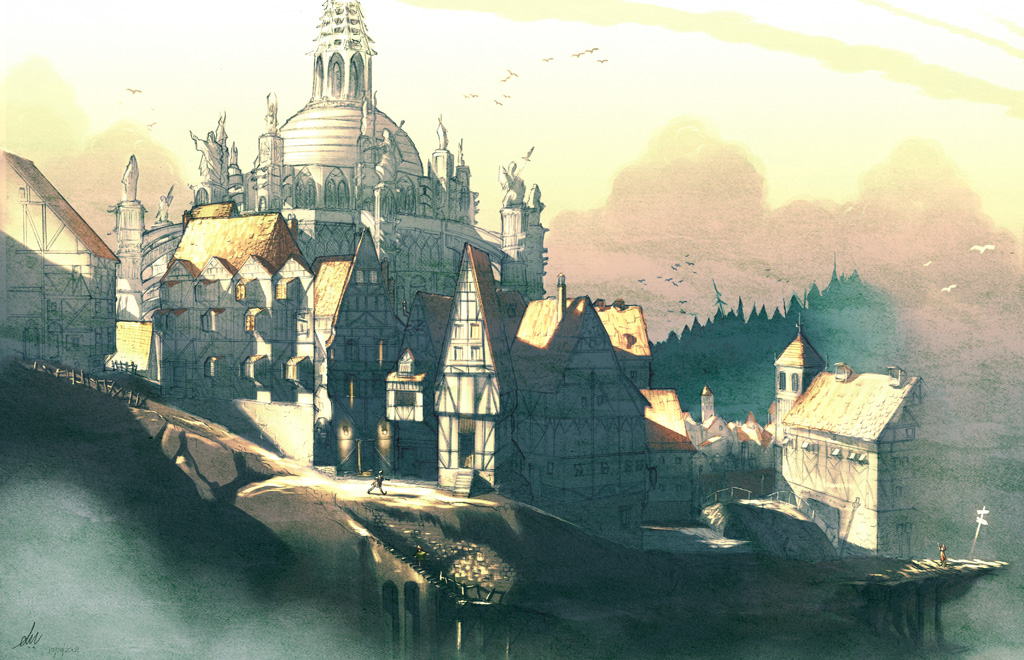Understand The Past By Experiencing Today!
Comparative Studies
The Civic Mirror helps students understand how society works and functions by allowing them to become citizens of their own country, with their own families, and their own government and economy. By understanding how our current social, political, and economic systems work, students become better equipped to understand ancient or medieval societies, appreciating how much things have changed (or haven’t).
How it Would Work
Ancient or Medieval history teachers would select either the U.S. and Canadian modules, and work through the Civic Mirror Event Sequence with their students. Teachers would spread the CM Events over a period of weeks, matching them with certain features of past societies in order to allow for comparison studies and discussions (specific examples below).
Learning Benefits
History courses are grounded in the notion that we will better understand the world today by studying the world as it was. It’s a lofty goal for teachers, but this unit idea helps bring it to the foreground. As students experience citizenship in their own Civic Mirror country, they not only learn about society’s various components (i.e. who rules? who makes the rules? who gets what? why? etc.), but they’ll be actively comparing how things are today to ancient or medieval times.
Curriculum Coverage and Integration Ideas
If you’re wondering how you could integrate The Civic Mirror into your course and fit all of the required readings into your time line, please visit our Teaching with The Civic Mirror page for suggestions and ideas.
Specific Examples
To illustrate this, we have provided a few essential questions that students could be asked before, during, and after their participation in each of the Civic Mirror Events:
Social Identity:
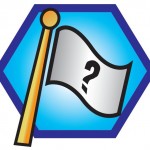 When students create their simulated country’s identity, you could ask some inquiry questions about who were the ________ people (e.g. Roman, medieval, etc.)? What kind of communities did they live in? Did they view themselves as citizens, like we do, or something different? How is our nation today similar/different from theirs?
When students create their simulated country’s identity, you could ask some inquiry questions about who were the ________ people (e.g. Roman, medieval, etc.)? What kind of communities did they live in? Did they view themselves as citizens, like we do, or something different? How is our nation today similar/different from theirs?
Choosing Leaders:
 When students elect their government using the modern democratic procedures outlined in the Civic Mirror Manuals, students could be asked … How were leaders chosen in ancient or medieval society? How are leaders elected today? What method is better, more fair?
When students elect their government using the modern democratic procedures outlined in the Civic Mirror Manuals, students could be asked … How were leaders chosen in ancient or medieval society? How are leaders elected today? What method is better, more fair?
Property Ownership:
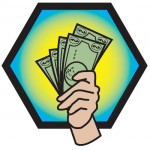 When your students bid to own their country’s property in the Hex Auction (the last pre-game event), you could ask them … Who were the landowners in ancient/medieval societies? How did they come to own their land? Was everyone allowed to own land? How is this different and similar to your simulated country and our country today?
When your students bid to own their country’s property in the Hex Auction (the last pre-game event), you could ask them … Who were the landowners in ancient/medieval societies? How did they come to own their land? Was everyone allowed to own land? How is this different and similar to your simulated country and our country today?
Governance:
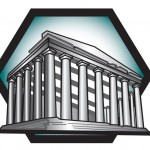 When the student politicians work to pass laws and set policies in the Government Event, you could ask … How were laws made and enforced in ancient/medieval ages? Who was allowed to vote and participate? How are things similar/different in our society today? Etc.
When the student politicians work to pass laws and set policies in the Government Event, you could ask … How were laws made and enforced in ancient/medieval ages? Who was allowed to vote and participate? How are things similar/different in our society today? Etc.
Law and Punishment:
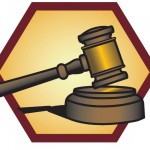 When the students are using their own impartial and democratic court in the Civic Mirror, you could ask them … Who determined guilt and innocence in ancient/medieval times? Were their powers limited or unlimited, and what dangers, threats, or benefits did people then face as a result? How are things similar/different today? What’s better?
When the students are using their own impartial and democratic court in the Civic Mirror, you could ask them … Who determined guilt and innocence in ancient/medieval times? Were their powers limited or unlimited, and what dangers, threats, or benefits did people then face as a result? How are things similar/different today? What’s better?
